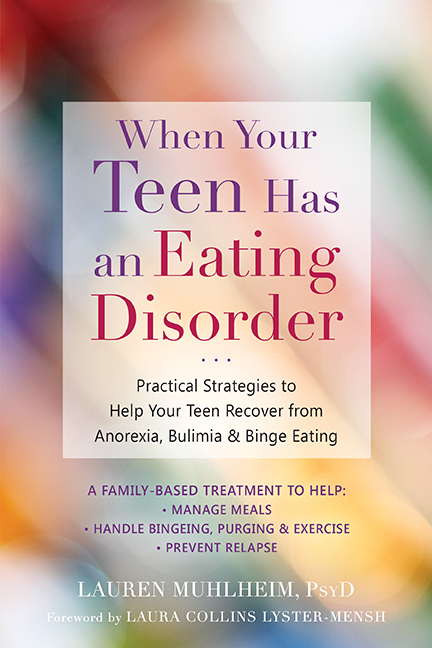It can be helpful for all therapists, not just those working with patients with eating disorders, to be accepting and welcoming to patients of all body sizes. Many larger-bodied patients routinely experience weight stigma in health care settings. Our therapy offices can be a safe haven where patients of all sizes, especially those at higher weights, can exist without stigmatization and heal from the traumas of past relationships with providers. But to make this a reality requires therapists to understand weight stigma.
Research shows that weight stigma can be just as pervasive and detrimental to physical health and emotional well-being as other types of discrimination. And weight stigma is difficult to avoid—it can be hard to find a person in our culture who has not adopted negative beliefs about higher-weight people.
Therapists can be attuned to their own biases when interacting with larger-bodied patients. It may be helpful to understand and appreciate that people naturally come in all shapes and sizes, and to understand that body size is the result of a complex interaction of factors over which an individual does not have control. With this understanding, there are practical ways therapists can make the therapy space safer:
-
Consider the use of language. “Obesity” is a medical term that pathologizes body size. “Overweight” is a term that emphasizes there is a “right weight” to be. It is better to ask patients what words they would prefer to use to describe their body size, or to stick with descriptor words like “larger” and “bigger.”
-
Consider assumptions you make about the eating or health habits of people based on their size. Try not to presume that your interventions will result in patients’ weight loss—research indicates that most people are not able to sustain weight loss due to complex biological processes—or to encourage dieting, which could actually lead to weight cycling and/or disordered eating. Be careful not to reinforce a fear of fatness, and not to congratulate weight loss.
-
Be aware of spatial needs for larger-bodied patients, including chairs that hold their weight and width, and pathways that comfortably accommodate a wider girth.
Book Titles: When Your Teen Has an Eating Disorder
Lauren Muhlheim, PsyD, is a clinical psychologist and eating disorders specialist. Muhlheim trained at the Rutgers Eating Disorder Clinic and is certified in family-based treatment (FBT) by the Training Institute for Child and Adolescent Eating Disorders. She is the author of When Your Teen Has an Eating Disorder.


 2024 Peace Playbook: 3 Tactics to Avoid Clashes with Your Partner
2024 Peace Playbook: 3 Tactics to Avoid Clashes with Your Partner